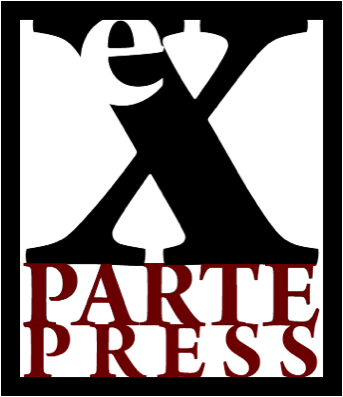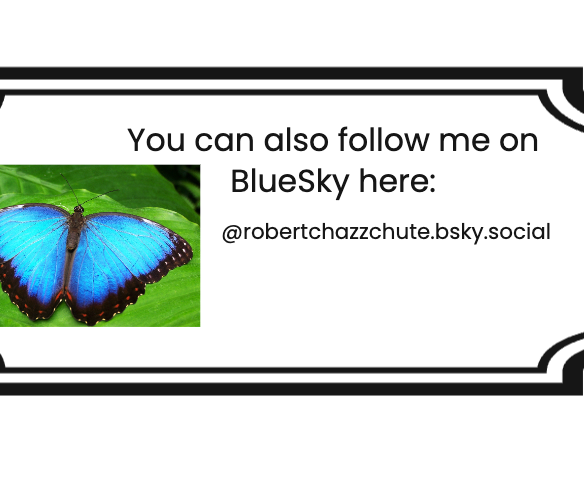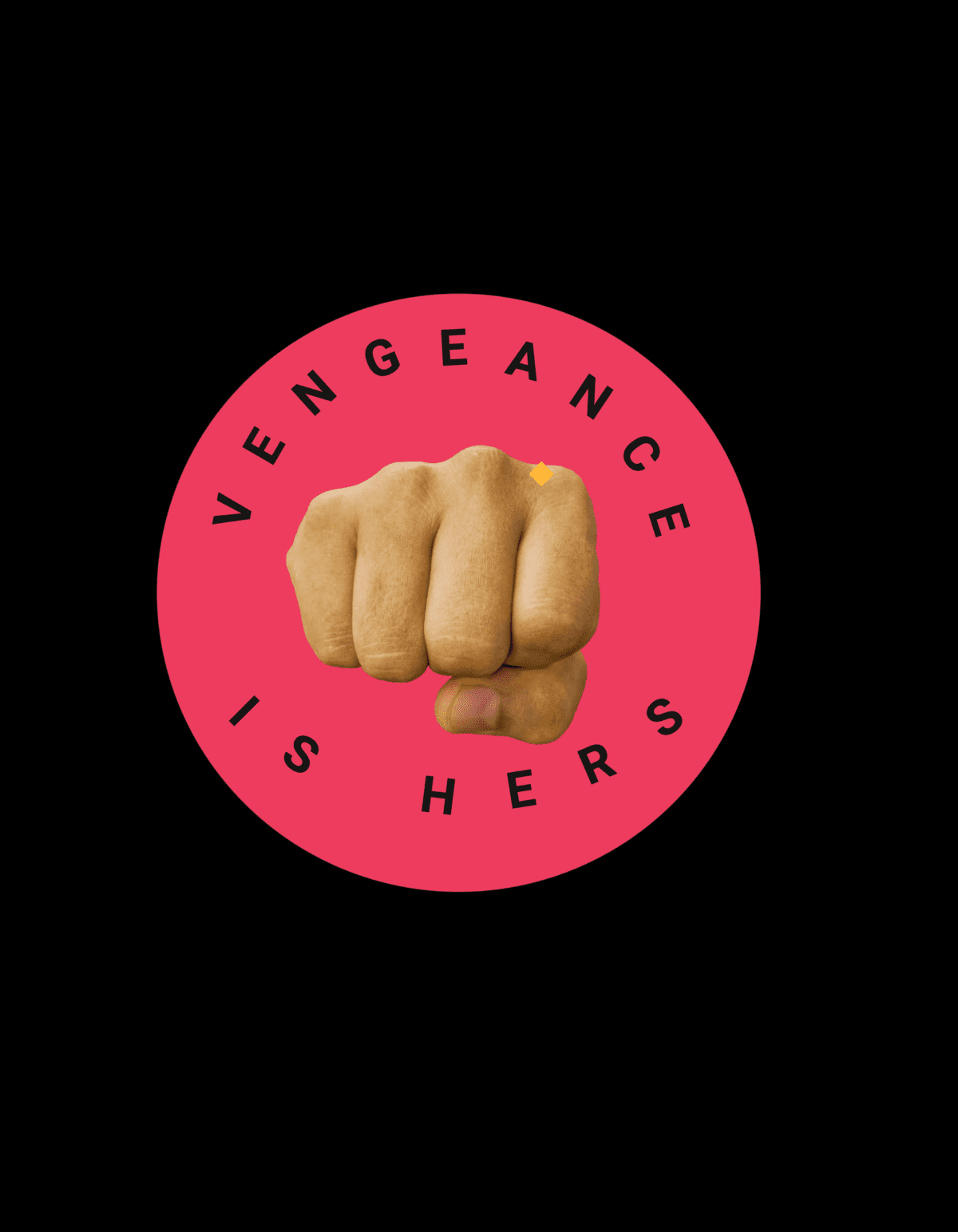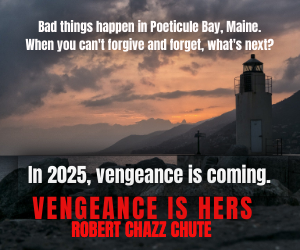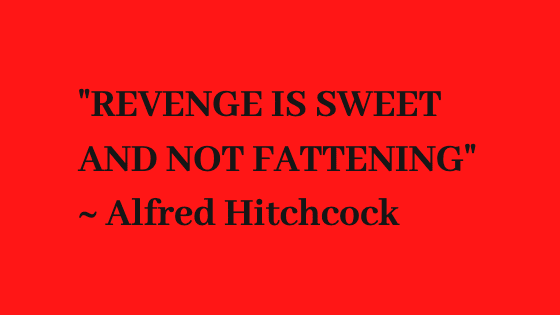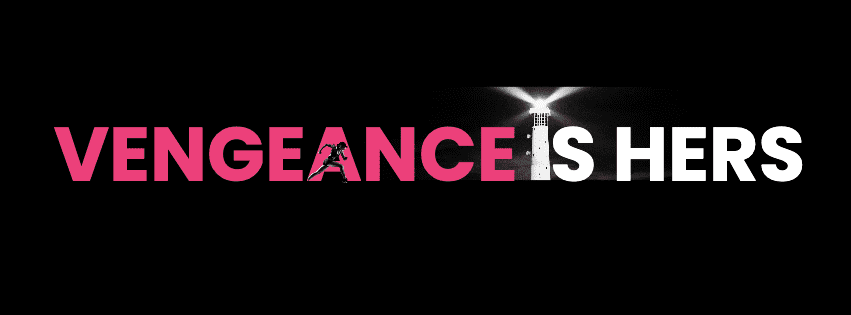Hemingway said, “Write drunk, edit sober.” I say, stop being such a chicken. Take more risks.



In my fiction, I look for opportunities to do innovative and unexpected things. The chapter titles to This Plague of Days trilogy aren’t just numbers. Go to the table of contents, and the chapters form an epic poem that hints at the complex events across the narrative. Is that weird? I don’t care if it’s weird. The clues to the story are there, but it’s actually more fun for the reader to go back to read that poem again after they’ve completed the trilogy. They’ll gain a deeper understanding once they’ve read the story. (In gaming, they call that replay value.)
In my new thriller, every chapter title is one word that ends in -ion, and relates to what’s happening in that chapter. For instance, instead of Copyright, Table of Contents, and About the Author, you get Notification, Configuration, and Confession, respectively. (And yes, there really are that many useful words with the -ion suffix.)
Some publishers would clutch their pearls at such deviations from the norm. Who cares? I am the helmsman on this voyage, and I say we skip the Panama Canal and risk the storms around the Cape of Good Hope. No one remembers a voyage over calm seas.
Have you got anything besides title tricks, Rob?
Sure. Proper editing ensures that we communicate well and do not confuse readers in our efforts to entertain them. I’m not getting in the way of that, but I will deliver the unexpected. Editors make prose clear, not safe. Who said it was supposed to be safe? To quote another sage of our age, Captain James Tiberius Kirk insisted, “Risk is our business.” Put another way: Let’s be interesting. Resurrect old idioms. Come up with new idioms. Experiment with expressions that have never existed in real life. (Not yet, anyway. I’m hoping some of my innovations catch on.)
I look at Papa’s advice with the same dim view as, “Kill your darlings.” That mindset done too broadly will eliminate your most clever stuff. Inside jokes can be okay. That’s the writer writing for themselves and the die-hard fans. As long as you don’t disappear up your own metaphorical butt, it works a treat. “Works a treat” is a dated British expression some beta reads would flag. Leave it in. They are readers, so assume they’re smarter than stale toast. Trust them to pick up context clues. Free yourselves! Break the rusty chains of the Olde Gods!
Readers who aren’t in the know will skip right by sub-references.
In 1985, I met with the great science fiction writer Spider Robinson. I was a fan, but I hadn’t read all of his stuff yet. He sat me down over coffee and spoke of his origins as a writer. He looked very serious as he opined something like, “I was on my bed, naked, with some good tunes on the stereo, a drink in one hand, some hash in the other, and a book in my lap. It occurred to me that I was bored.” So Spider decided to write his own novels instead of just reading them.
Only after I read more of his work did I run across those words in one of his novels. I didn’t know it at the time, but he was quoting himself. Good on him. When you’ve got good words, don’t give the same speech once.
On Black Friday, I visited Villains, the companion shop to Heroes, the best comics shop in Other London. I bypassed the men-in-tights stuff of my youth and went straight to the indie publishers’ offerings. On the hunt for fresh and interesting stories, I found them. Think in terms of Harvey Pekar’s American Splendor. Or lush watercolors without a single line of dialogue that still tells a story. I’m a fan of Iron Man, but you can’t say Marvel and DC are taking risks. Their products are dependable, but you won’t experience many new flavors.
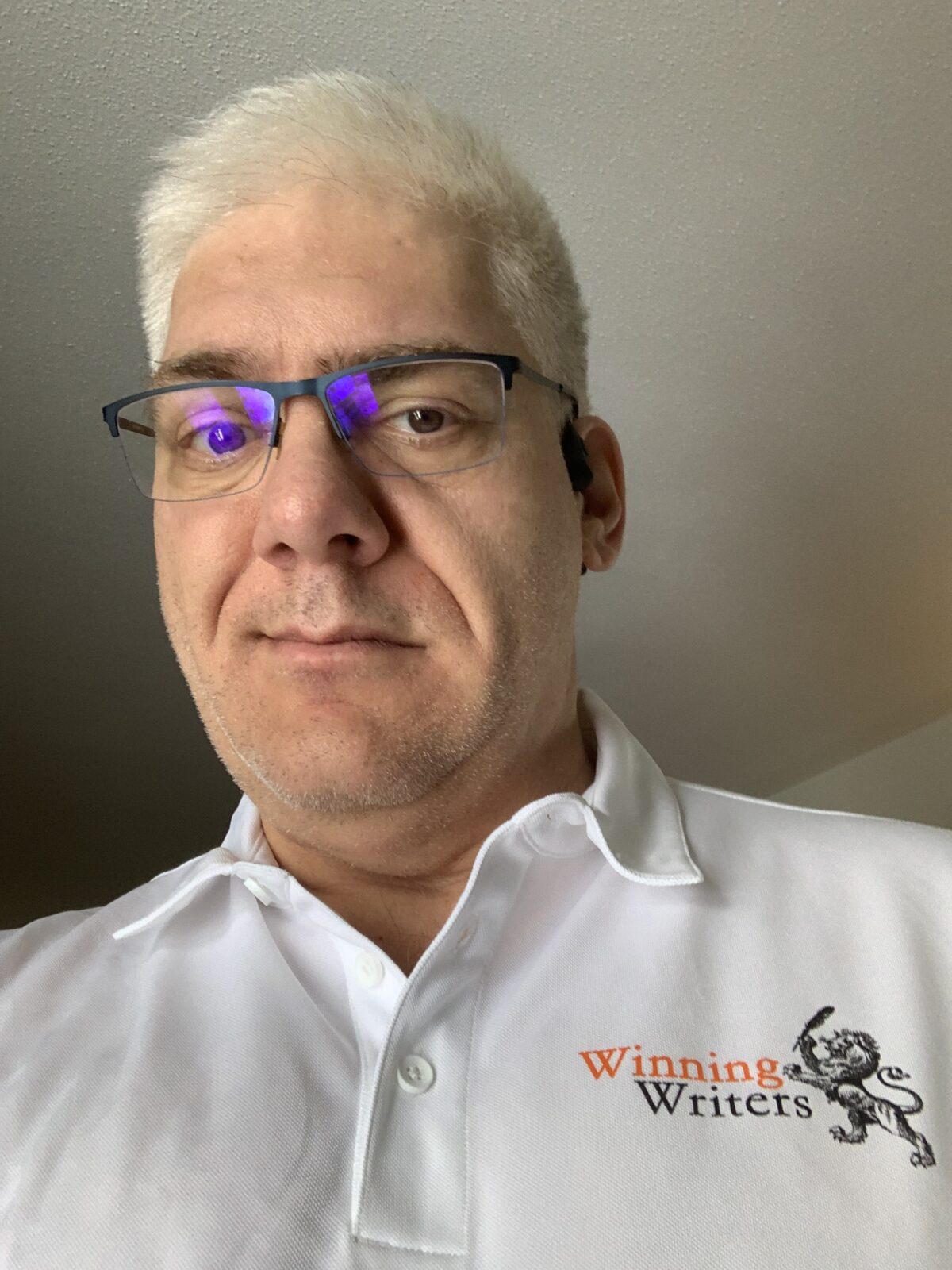
Writers, take risks. Readers, please indulge us. We’ll make it more fun for both of us.
Now about those pictures
Last night, I could not sleep. With an appointment to get to this morning, I decided to do battle the snowstorm. The first snowfall has always been a tentative thing, a warning of what’s to come. It’s Motherhumping Nature asking, “Have you got your snow tires yet? Did you remember to pull the snow shovels from the shed?” (Yes, to the first question, negatory on the second, dammit.) No mere warning this time, though. Got a big dump of snow that is still pummeling us as I write this.
At 4:45 a.m., I was out there slinging it, testing my new hip. Worked fine and barely raised my heart rate. I shoveled about a foot of snow. By the time I was done that and had cleaned off the car, I had to shovel again. Dug a fresh six inches at 8:45 a.m. Saints preserve us, winter is here. I prefer palm trees, but I do like how quiet the landscape becomes once the sharp edges and hard surfaces are soundproofed under a thick blanket of snow.
And when it gets very cold — Moon cold — the snow squeaks underfoot. Of course, by then, I’m afraid to go outside and hide in my blanket fort, writing the next novel.


